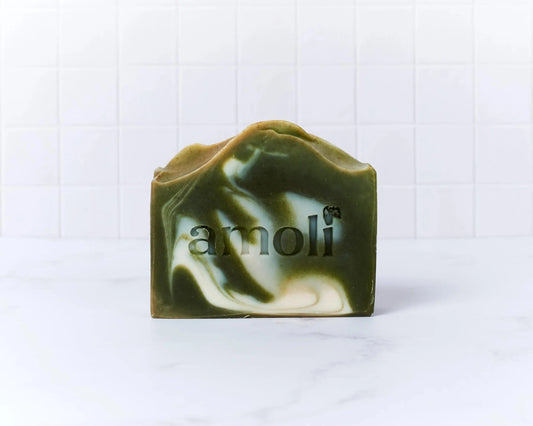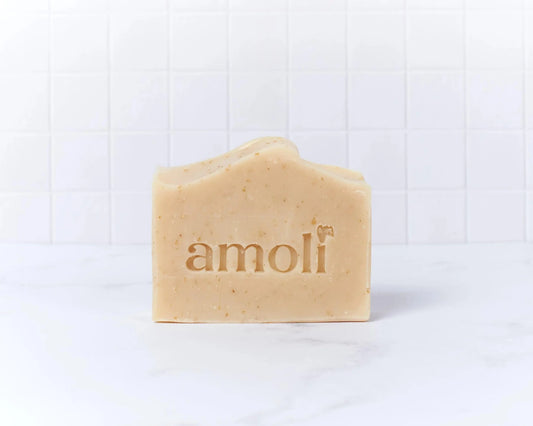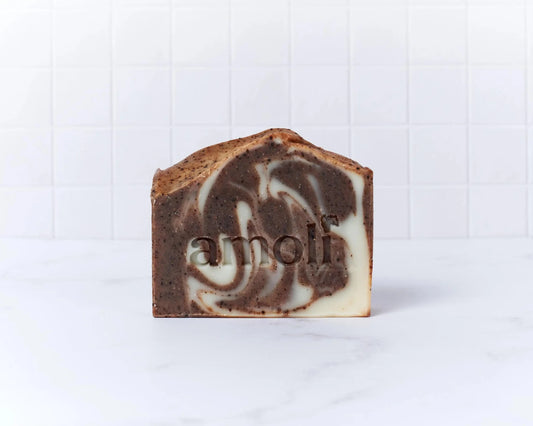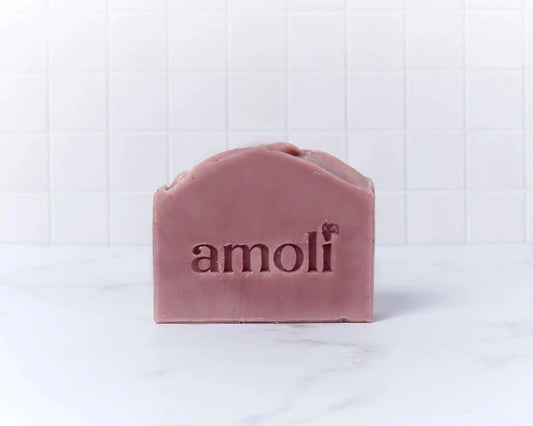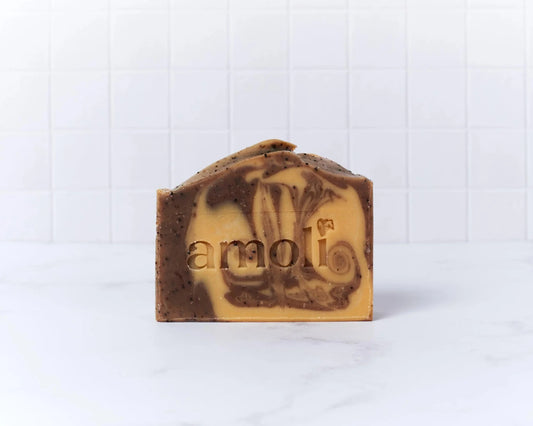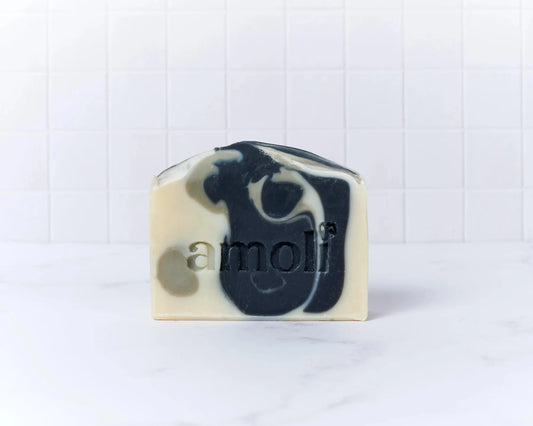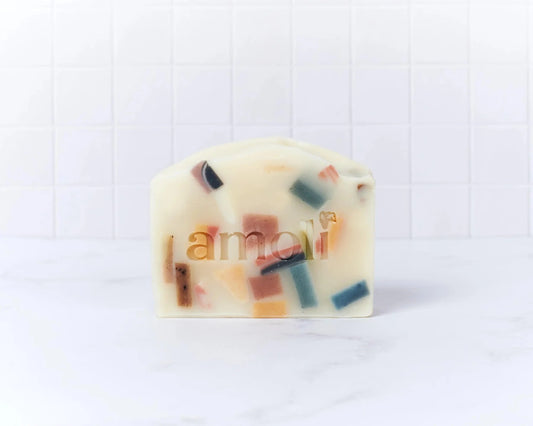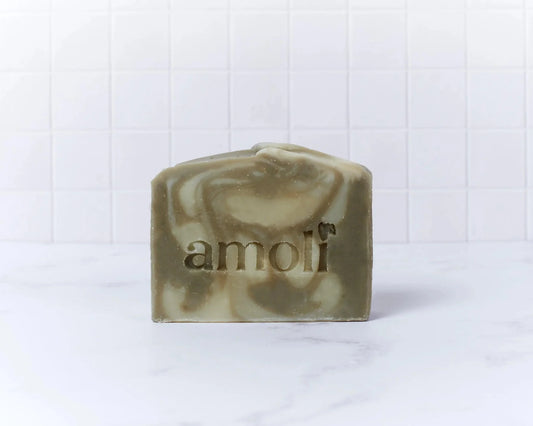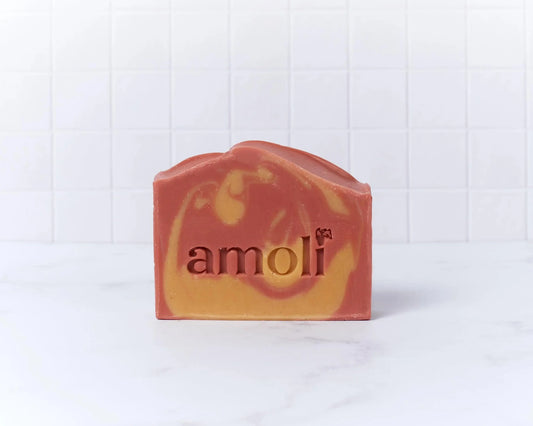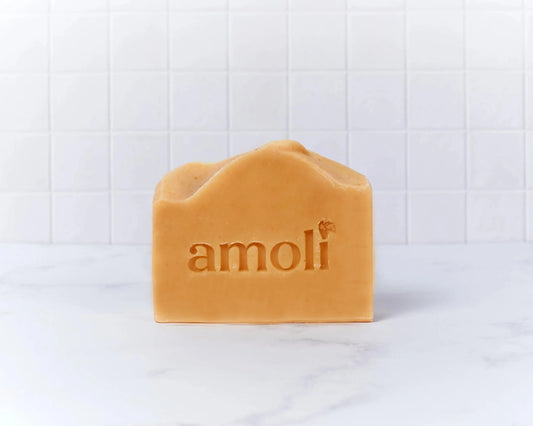A common question when purchasing handmade soaps is whether these products have an expiration date. While soaps don't expire in the traditional sense, their ingredients can be affected by time and environmental conditions. In this article, we will address why soaps don't expire, what happens when they oxidize, and how to store them properly to extend their shelf life and quality.
Why don't handmade soaps expire?
Handmade soaps don't expire like other personal care products because they are mainly composed of glycerin and salt, two ingredients with a very long shelf life. Glycerin is a natural humectant that helps maintain skin hydration, while the salts present in soaps (the product of the chemical reaction between fatty acids and alkalis) provide cleansing properties.
Oxidation of organic ingredients in handmade soaps
Although handmade soaps don't technically expire, their organic ingredients, such as essential oils and fats, can oxidize over time due to exposure to air, sunlight, and temperature variations. Oxidation can cause changes in the soap's color, texture, and scent.
When a soap oxidizes, the essential oils and fats can become rancid, meaning their aroma and color may change or fade. However, this doesn't necessarily mean the soap is harmful to the skin, although its quality and effectiveness might be diminished.
How to store and care for your handmade soaps
To prolong the shelf life and quality of your handmade soaps, follow these storage and care tips:
- Keep soaps in a cool, dry, and dark place to avoid exposure to sunlight and temperature fluctuations.
- Use a soap dish with drainage to prevent the soap from getting damp and soft between uses.
- Wrap unused soaps in waxed paper or plastic to reduce exposure to air and moisture.
- Label your soaps with the production date to keep track of their age.
Can you use a soap if it no longer smells or has discolored?
If a handmade soap has lost its scent or color due to oxidation, it is still safe to use in most cases. However, its quality and effectiveness might be reduced. If the soap shows signs of mold or an unpleasant odor, it is advisable to discard it and not use it.
In conclusion, handmade soaps do not expire like other personal care products, but they can be affected by the oxidation of their organic ingredients. Properly storing and caring for your soaps will extend their shelf life and quality. If a soap has lost its aroma or color, it may still be safe to use, although its efficacy could decrease. Always pay attention to signs of mold or unpleasant odors, in which case it is better to discard the soap and not use it. By following these tips, you can enjoy your handmade soaps for longer and make the most of their benefits for the skin.


